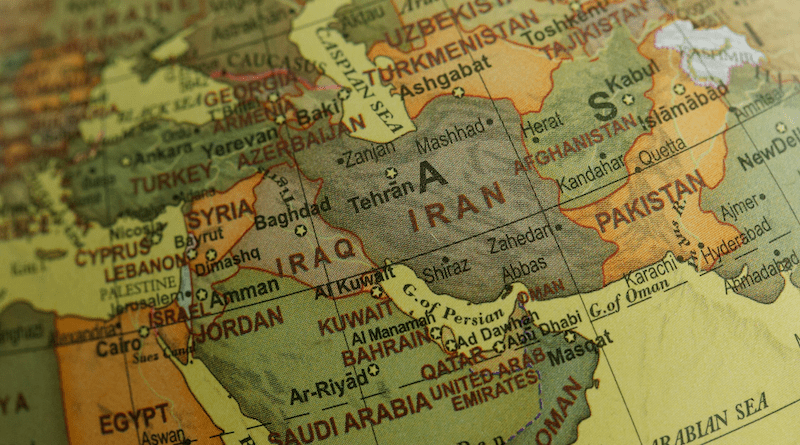Could Arabs Join Anti-Iran Alliance? – OpEd
On April 13, Iran launched over 300 missiles and drones at Israel, prompting Jordan to assist in defense. Initial reports suggested broader Arab involvement, indicating a potential shift in regional dynamics. However, these claims were later refuted. Despite this, Israeli leaders and some in Washington saw it as a signal of potential Arab alignment against Iran.
Israel’s restrained response to the attack led to speculation about its role as a regional coalition leader against Iran. Yet, this perspective overlooks the complex realities in the region. Arab-Israeli cooperation faces challenges, including frustrations over Israeli policies in the West Bank and Jerusalem.
Arab states, often labeled as a “Sunni alliance,” prioritize balancing relationships with Iran and Israel to avoid wider conflict and protect domestic legitimacy. While they provided assistance to Israel, it was driven by maintaining ties with the United States rather than aligning with Israel.
Efforts to counter Iran are driven by maintaining relations with the U.S. Gulf Arab states have engaged with Tehran to manage tensions, seeking diplomatic dialogue over retribution. Despite shared concerns about Iran’s activities, Arab states prioritize normalization with Iran over direct confrontation.
Arab states are cautious about overtly supporting Israel due to domestic costs, especially concerning Palestinian statehood. They aim to balance multiple relationships and avoid alignment with anti-Iran blocs, preferring dialogue to prevent conflict escalation.
Arab states can play a crucial role in preventing escalation between Iran and Israel by facilitating communication and encouraging restraint. However, closer cooperation with Israel is hindered by ongoing conflicts, limiting political engagement and economic ties.
In the near term, efforts will focus on mediation and conflict prevention, with realistic expectations about Arab-Israeli cooperation. While technical collaboration on common concerns may continue, high-profile political engagement with Israel depends on resolving ongoing conflicts.

